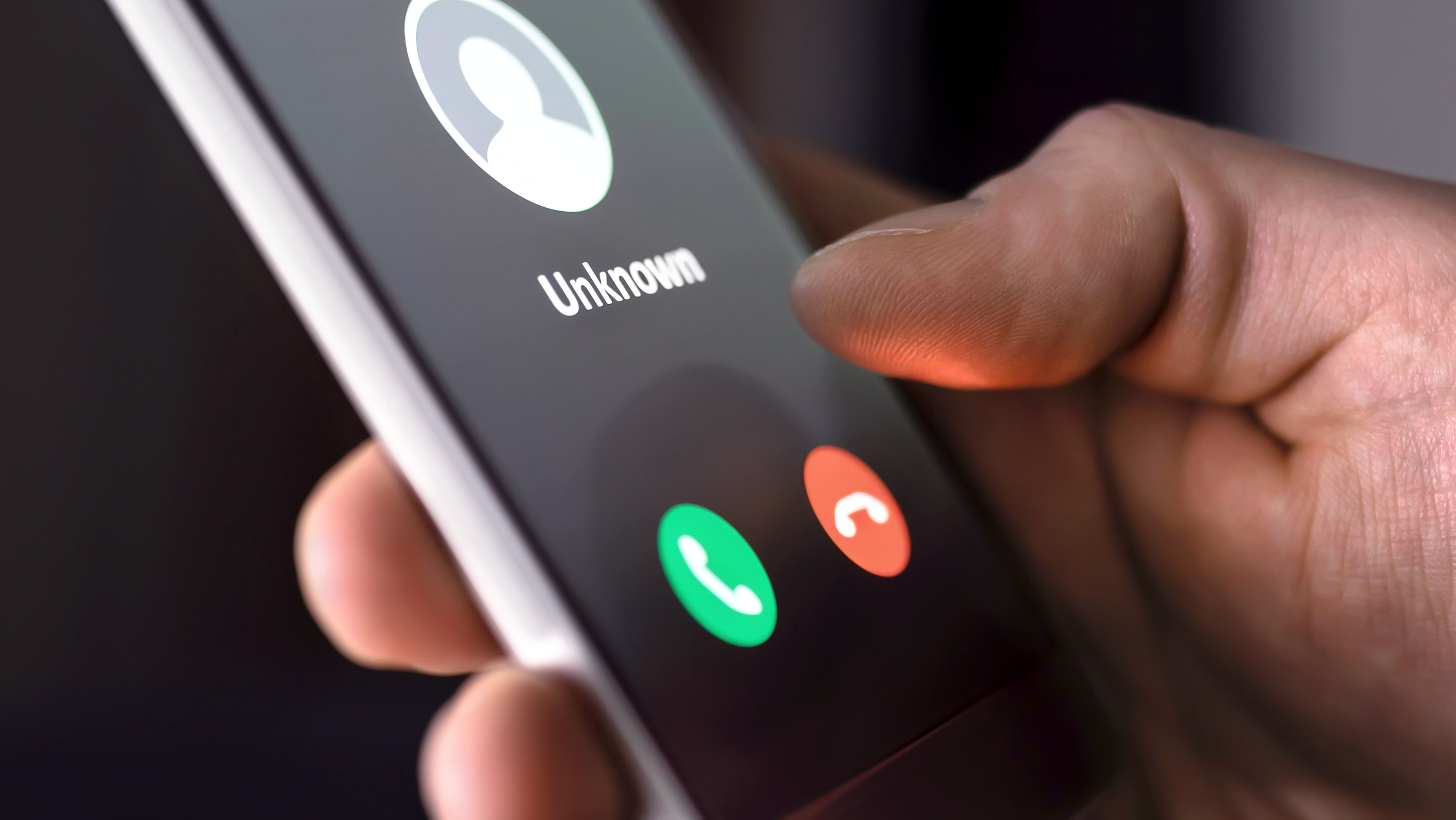Help support Cork Safety Alerts by becoming a member – Click Here
Telephone scammers are becoming increasingly common these days, and they can be a real nuisance. They can trick you into giving away your personal information, steal your money, or even install malware on your computer. Fortunately, there are steps you can take to protect yourself from telephone scammers.
Here are some tips to help you avoid becoming a victim of telephone scams:
- Be skeptical of unsolicited calls
If you receive a call from an unknown number or a caller you do not recognize, be cautious. Scammers often use fake or spoofed numbers to trick people into answering their calls. If the caller claims to be from a government agency or a reputable company, ask for their name, position, and contact information, and verify their identity before providing any personal or financial information.
- Don’t give out personal information
Never give out your personal or financial information over the phone, especially to someone you do not know. Scammers may ask for your PPS number, bank account number, credit card number, or other sensitive information, claiming that they need it to verify your identity or resolve an issue. Remember that legitimate organizations will never ask for your sensitive information over the phone.
- Verify the caller’s identity
If the caller claims to be from a government agency, a financial institution, or a company you do business with, ask for their name and contact information, and verify their identity before providing any information. You can call the company’s customer service number or look up their contact information online to verify that the caller is legitimate.
- Hang up if you’re not comfortable
If you’re not comfortable with the call or if the caller is pressuring you to provide information or take immediate action, hang up. It’s better to be safe than sorry. Remember that legitimate organisations will never threaten you or pressure you to make a decision over the phone.
- Install a call-blocking app
You can install a call-blocking app on your phone to block unwanted calls from scammers. These apps can automatically detect and block calls from known scammers and fraudulent numbers. Some popular call-blocking apps include Truecaller, RoboKiller, and Hiya.
- Register with the National Do Not Call Registry
You can register your phone number with the National Do Not Call Registry to reduce the number of unsolicited calls you receive. Once you register your number, telemarketers are required by law to stop calling you. However, this will not stop calls from scammers who are not following the law.
- Stay up-to-date with the latest scams
Scammers are always coming up with new tactics to trick people, so it’s important to stay up-to-date with the latest scams. You can visit the Federal Trade Commission’s website to learn about the latest scams and how to avoid them.
In Ireland, there are specific laws and regulations that aim to protect consumers from telephone scammers. The Irish Data Protection Commission has outlined several measures that consumers can take to protect themselves.
Under Irish law, companies and organizations are prohibited from making unsolicited marketing calls to consumers who have not given their prior consent. Companies must have a lawful basis for processing personal data and must provide information to consumers on how their data will be used.
If you receive an unsolicited call from a company, you can request that they delete your personal data from their system and refrain from contacting you again. If a company continues to make unsolicited calls after you have made this request, you can report them to the Irish Data Protection Commission.

